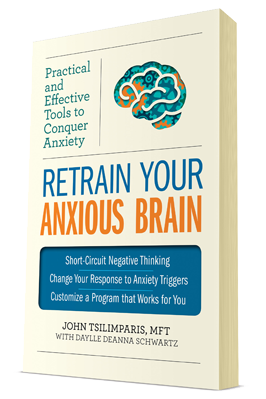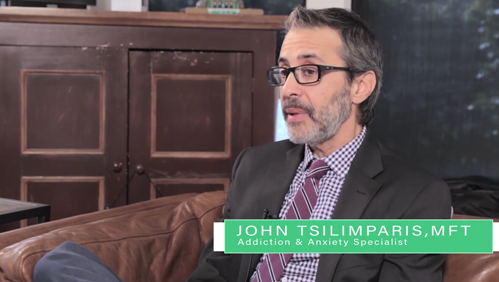How do I know if I have panic disorder?
Do You Suffer From Catastrophic thinking?
Excessive worry of going crazy, or losing control. Fear that another attack will occur and that life-threatening health problems exist. This may initiate repeated visits to emergency rooms, Doctor’s offices, etc. (fear of heart attack, fear of brain tumor, fear of going mad). Seemingly small, insignificant fears to the average person are experienced intensely by the sufferer. The fear of having another attack, fear of death, etc. Sufferer’s feel shell-shocked and jumpy.
Avoidance behavior? Loss and/or disruption of relationships?
Frequent absent days from work, school and other obligations. Sometimes individuals avoid specific situations, like crowds, elevators, traveling on planes, trains, cars, visiting malls (this is agoraphobia, any place they are seemingly not in control of and any place to where escape may not be in one’s power). Diminished social life and significant decline in most interpersonal relationships. They begin to totally isolate from the world. Quality of life reaches an all-time low.
Depression?
Most individuals frequently experience a major depression, either before or after onset of panic attacks. They typically become depressed because the panic attacks are totally controlling their lives. Reduced sleep, loss of appetite, feelings of hopelessness, feelings of worthlessness, guilt, for burdening loved one’s, etc. Some even become suicidal. Their life is reduced to worrying about their health and the possibility of the next attack. Substance Abuse also is present for purposes of self- medication, especially alcohol because it is a depressant.
Profound sense of demoralization?
Embarrassment and shame in feeling powerless to the disorder. People become discouraged and a kind of self-loathing is initiated. They begin to attribute their problems to being “weak” and “cowardly.” Confidence and morale becomes alarmingly low.
Chronic Fatigue?
Panic disorder sufferers experience ongoing fatigue and low energy because of the toll the attacks take on the body and the mind. Typically after a panic attack recedes, individual’s muscles are tired from being tense and constricted, their cardiovascular system has been challenged and they are mentally exhausted from the cognitive disturbances. The excessive worry, preoccupation with death, etc. drains the psyche.


